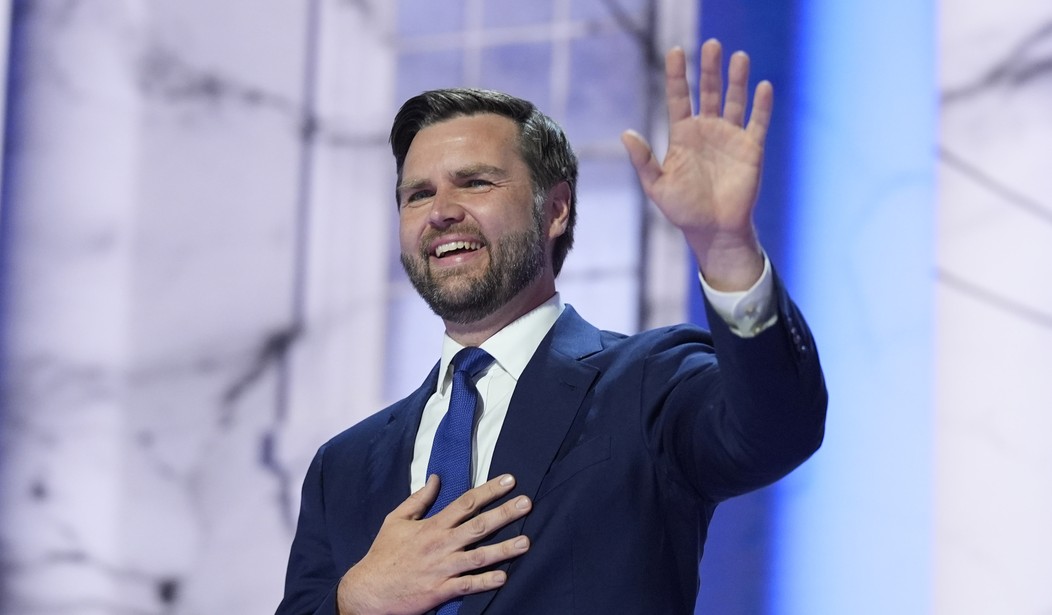After his disastrous debate performance last month, questions surrounding Joe Biden’s fitness for office ultimately led him to drop out of the race, so it’s hardly shocking that Kamala Harris has emerged as the presumptive Democratic nominee. This unexpected turn of events has significant implications for both parties, particularly for Donald Trump.
Mere days before the Republican convention, it was clear that Biden was under immense pressure to drop out and that this pressure would likely succeed. It was also clear that Kamala Harris was the obvious frontrunner to replace him if that happened.
“She may be a terrible vice president and an even worse candidate, but the Democrats and the media would quickly rally behind her as a symbol of progress and diversity. It would be Barack Obama in 2008 all over again,” I wrote at the time. “This move could energize key Democratic voter bases, including women and minority groups — two groups with whom Trump has made significant gains since 2020.”
Sure enough, that appears to be happening right now. At the time, I said that Trump needed to take into consideration that he’d be running against Kamala, not Joe. With that in mind, it’s worth asking the question if selecting JD Vance was a missed opportunity.
I admit that I was a little disappointed in Trump’s selection of Vance, though Vance has won me over since. However, that still doesn’t remove lingering questions I have about whether another choice would have been strategically better.
Despite her historically unpopular vice presidency, Harris has (at least for now) inherited Biden’s campaign infrastructure and financial resources, and the media is doing exactly what we all predicted they’d do. They’re doing everything to boost her image, even rewriting the past. She’s the new Obama, but in addition to the race card, she’s got the woman card.
Related: Kamala Harris May Have Botched the Gaza Hostage and Ceasefire Deal
As conservatives, we pride ourselves on not being beholden to identity politics, but there were other potential running mates highly qualified to serve as vice president who could have balanced the ticket in a way that Vance does not. You may recall that I was a strong proponent of Sen. Tim Scott (R-S.C.) because his charisma, conservative credentials, and inspiring story would likely resonate well with minority voters and those looking for a fresh perspective within the GOP. His presence on the ticket could help bridge the gap between the Republican Party and communities that have traditionally leaned Democratic.
Similarly, choosing a female running mate could also prove to be a strategic masterstroke. A strong, qualified woman on the ticket would not only appeal to female voters but also counterbalance the narrative of Harris's “historic candidacy.”
I’m not saying that Vance was a bad or weak pick — clearly the polls show that Trump-Vance is still winning this race — but as I said before, this is a high-stakes political chess game in which every move matters. For what it's worth, the more I learn about Vance, the more I like him, and I think his personal story is something that many voters can connect with. But Harris’s ascension was virtually inevitable a the time Trump selected Vance, and I suspect Trump didn't take that into account.










